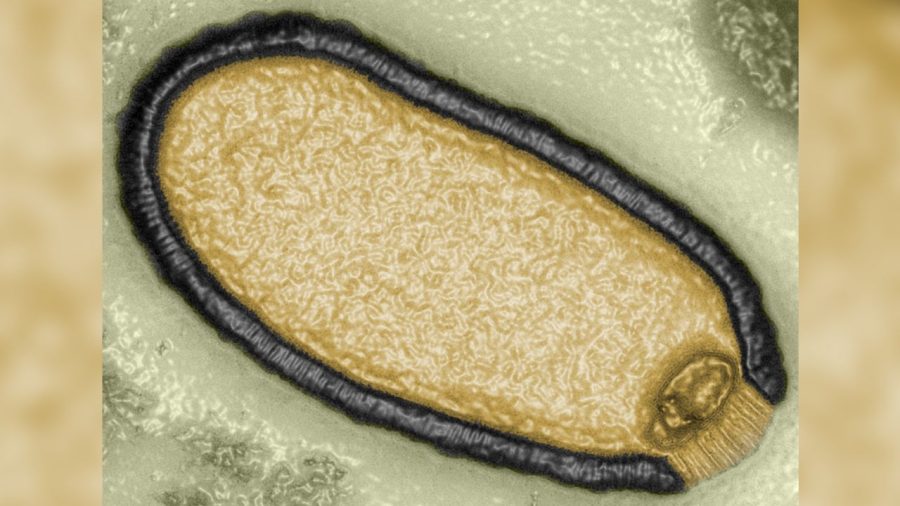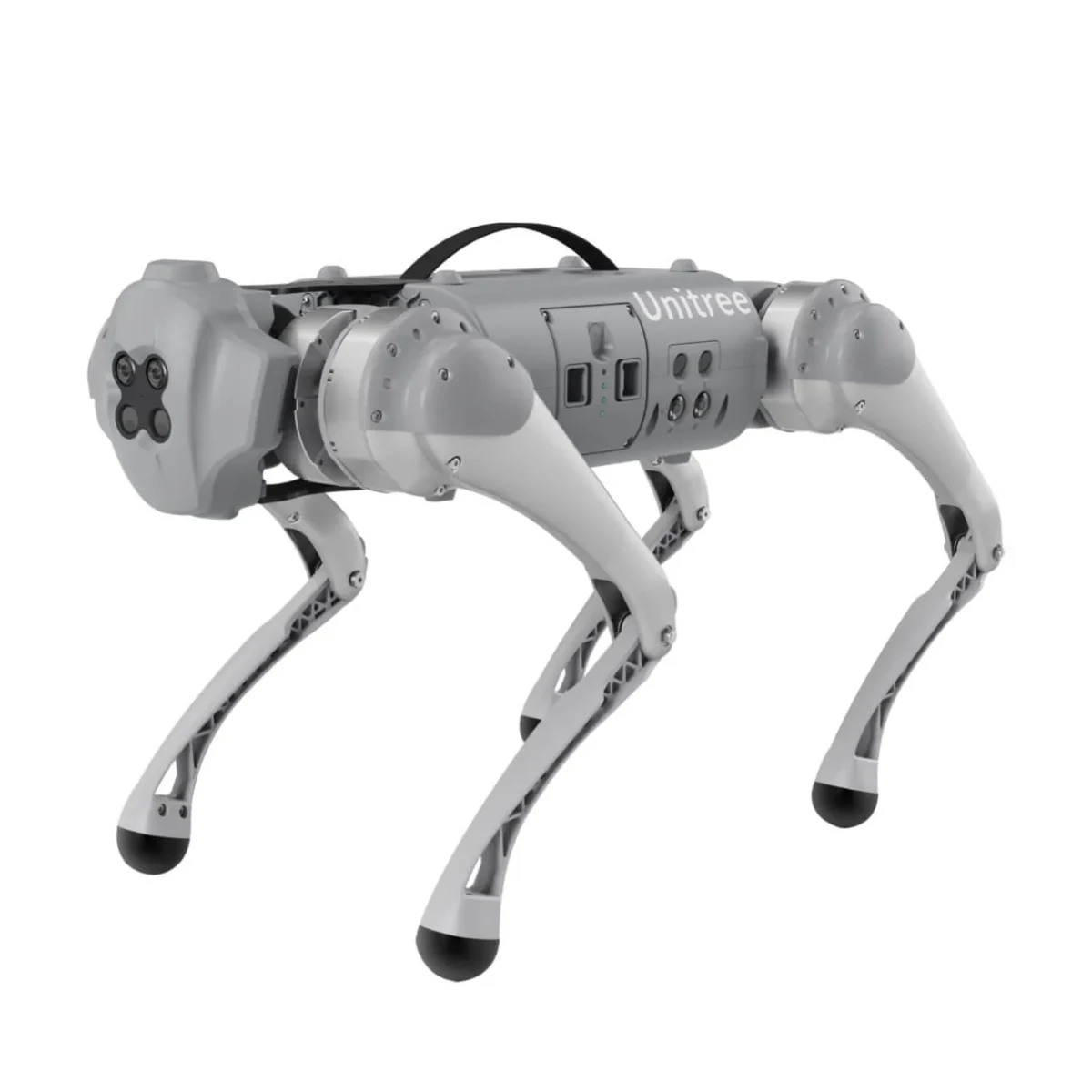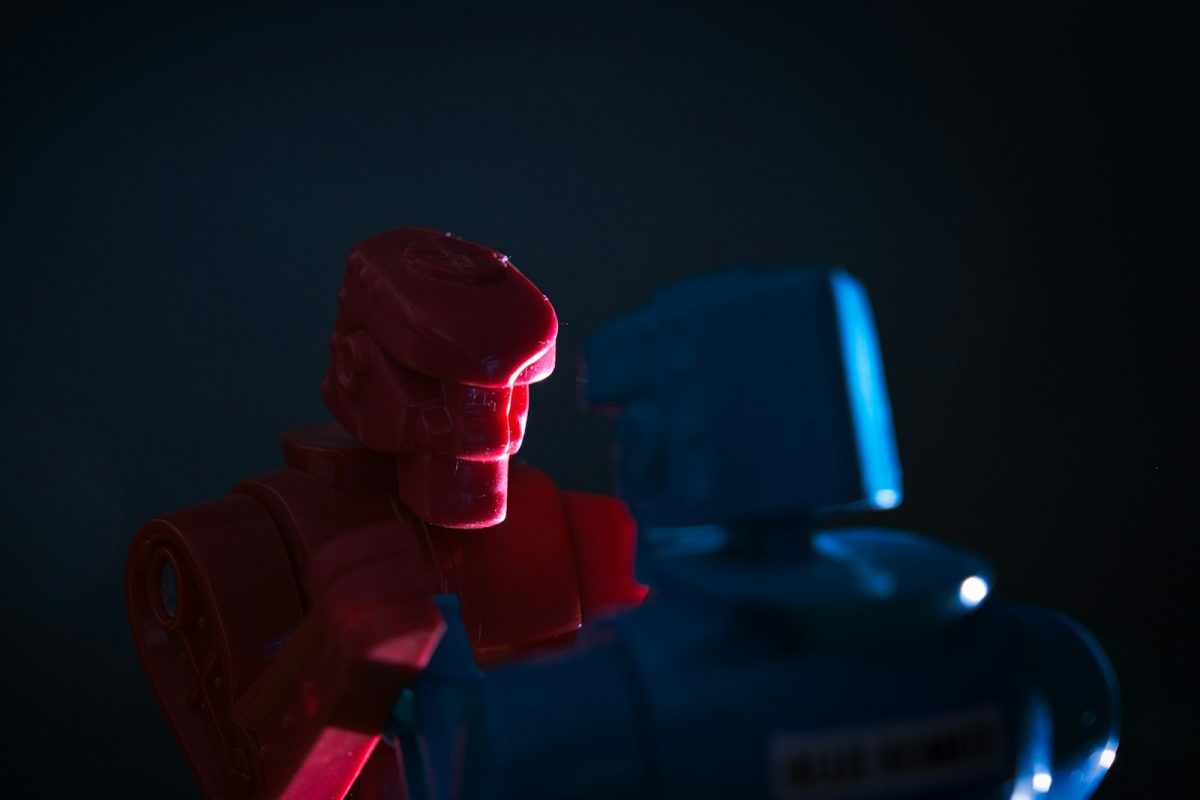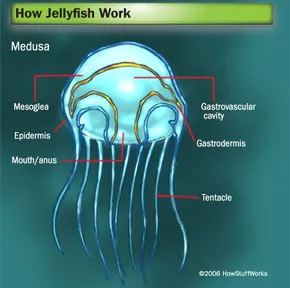Zombie Virus in Siberia
A new virus will possibly become the new COVID
Is this virus dangerous?
Scientists have recently discovered a 48,500 year old virus in the Siberian Permafrost. Now could this cause a zombie apocalypse? Most likely not, But this still could be proof of very dangerous viruses. There were multiple ones discovered ranging from 24,000 years old to 48,500 years old.
This is a photo of a 30,000 year old virus found in permafrost in 2014.
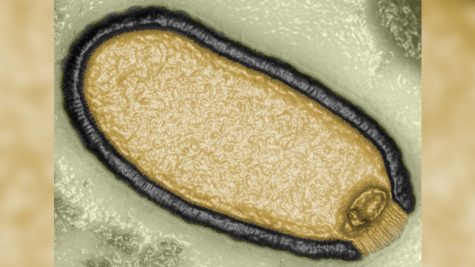
Why Permafrost?
Not only is permafrost cold, but it also lacks oxygen and is opaque to light, making it an ideal storage medium. Yet, the Arctic is currently warming up to four times faster than the rest of the world, which is undermining the region’s top layer of permafrost. Jean-Michel Claverie, an emeritus professor of medicine and genomics at the Aix-Marseille University School of Medicine in Marseille, France, has examined earth samples taken from Siberian permafrost to see whether any viral particles contained therein are still infectious in order to better understand the dangers posed by frozen viruses. He’s looking for what he calls “zombie viruses,” and he’s found some of them.
Can it affect humans?
The deeper thawing of the permafrost during exceptionally hot summers has also been linked to an anthrax outbreak in Siberia that affected dozens of people and more than 2,000 reindeer between July and August of 2016. This allowed old Bacillus anthracis spores to resurface from old burial grounds or animal carcasses.Better monitoring of the risk posed by possible pathogens in thawing permafrost is necessary, but Birgitta Evengard, professor emerita at Umea University’s Department of Clinical Microbiology in Sweden, cautioned against taking an overly alarmist attitude. The CLINF Nordic Centre of Excellence is a group that studies the effects of climate change on the occurrence of infectious diseases in people and animals in northern regions. “You must remember our immune system has been developed in close contact with microbiological environment,” stated Evengard.
Will this become a viral problem?
Of course, in the real world, scientists are unsure of how long these viruses might continue to be contagious after being exposed to the current environment or how likely it would be for the virus to come into contact with a compatible host. Some viruses are innocuous or even helpful to their hosts; not all viruses are pathogens that can spread disease. The likelihood of human exposure to ancient viruses is extremely low in the Arctic, which is still a sparsely populated region despite being home to 3.6 million people. However, Claverie noted that because of global warming, “the risk is bound to increase,” since permafrost thawing will continue to speed up and more people will move to the Arctic as a result of industrial endeavors. And Claverie isn’t the only one who warns that the area might become favorable environment for a spillover event, in which a virus infects a new host and spreads.
Research on soil and lake sediment samples from Lake Hazen, a freshwater lake in Canada near the Arctic Circle, was released last year by a group of experts. To find viral signs and the genomes of potential hosts, such as plants and animals, in the area, they sequenced the genetic material in the sediment.
The probability of viruses spreading to new hosts was shown to be higher in areas close to where significant amounts of glacial meltwater flowed into lakes, which is a situation that grows more probable as the climate warms.
In the end, This most likely will not happen but does have a chance. As the globe continues to warm, so does the chance of these “zombie viruses” releasing and potentially causing a viral infection. But we have enough time to stop this from happening for sure, Because of modern technology we would have warnings in advance and destroy these viruses before they even have a chance.
RELATED STORIES
https://www.livescience.com/zombie-viruses-permafrost-siberia
https://www.discovermagazine.com/the-sciences/zombie-viruses-up-to-50-000-years-old-are-awakening
TAKE ACTION
- Try and diminish the amount of driving, wasting or anything that contributes to global warming (https://climate.ec.europa.eu/climate-change/causes-climate-change_en#:~:text=Burning%20fossil%20fuels%2C%20cutting%20down,greenhouse%20effect%20and%20global%20warming.).
